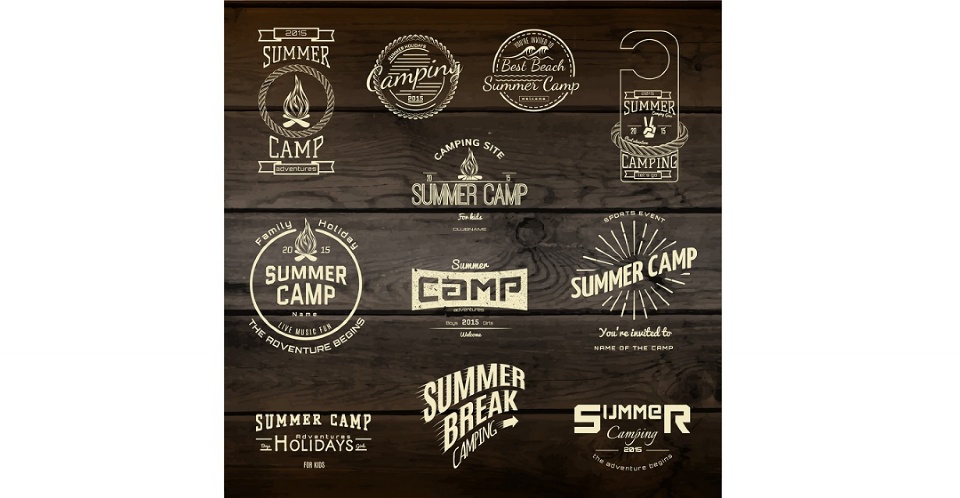Maybe you’ve been thinking of sending your
child off to camp this summer. If you
have, there are huge advantages in store at the right camp for him or her! What
makes camps so beneficial and how can you decide which one is the right fit?
If you aren’t sure if summer camp is for
your child, take a look at the following benefits it can have;
Physical Activity in Nature
Children spend tons of time being
physically active while getting reacquainted with nature. Keeping busy with
activities such as swimming, hiking, and climbing means children won’t be sitting
around playing video games or scrolling through Facebook all summer.
No judgements or failure
Children are often in academic, social,
and athletic competition during school, but the non-competitive nature of camp offers
them numerous opportunities to succeed and discover their talents, passions,
and interests without the pressure of failure or being judged. “After having
gone to camp, my son asked why we don’t do more outdoor activities, like
fishing,” says Diana Di Iorio, a Laval mother.
Increased autonomy
Since children are required to help out with
chores and make their own decisions, they can become more independent. By being
separated from their parents, children can also strengthen their self-esteem by
learning that they can stand on their own two feet and can be valuable to those
around them. “When my sons returned home, they were more cooperative and more
independent. For example, I didn’t need to remind them to take their lunch before
leaving for school,” Di Iorio explains.
Improved social skills
Children’s social skills may also improve.
Campers have to interact with their counsellors and other children from morning
till night during activities that require team effort and cooperation. “Learning
social skills was a huge reason why I sent my children to camp. I have always
believed that being around children of different genders, social backgrounds,
and ethnicities is very important” says Di Iorio.
Learning also continues at camp, but
without the competitive nature of school. Many activities are organized by counsellors
to keep children learning in a fun way.
If you are not sure which camp is right
for your child, start by getting some references from other parents or visit
the Association des camps du Québec website
at http;//camps.qc.ca/en/parents-et-enfants/accueil. Here,
your child can take the “What type of camper are you?” quiz, which will output a
list of certified camps. Afterwards, search the internet for reviews on each to
narrow down your selection.
Next, prepare some questions and call each
camp director. Some helpful questions might be;
- What does a typical day during camp look like?
- How much personal attention will be given?
- How are difficult situations, such as confrontations, handled?

 In The Latest Issue:
In The Latest Issue:


 BY:
BY: 

Tweet
Share